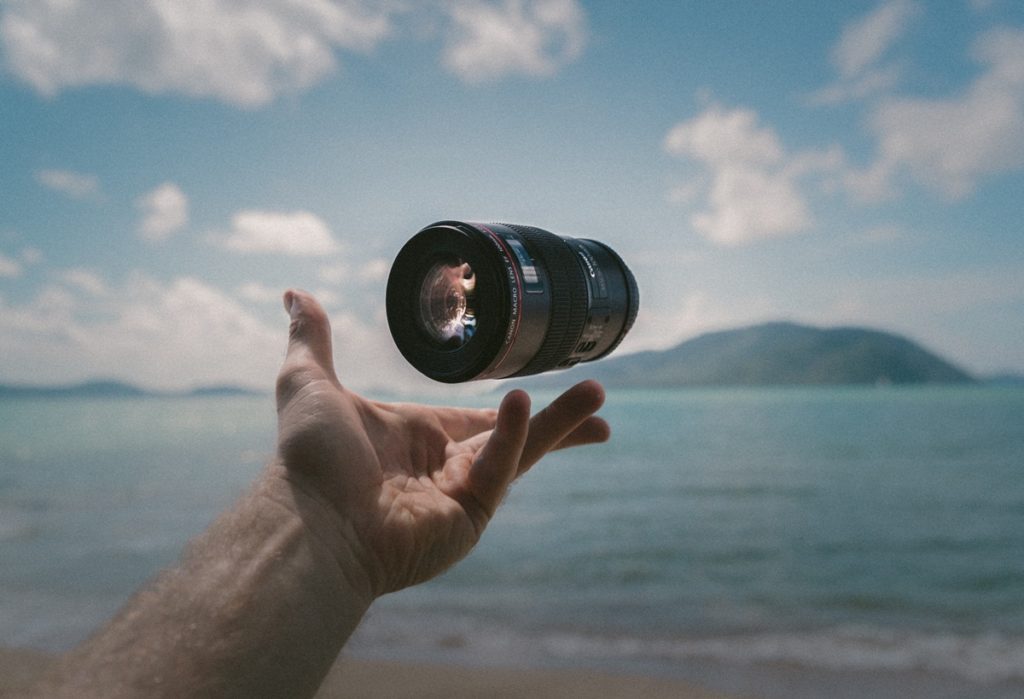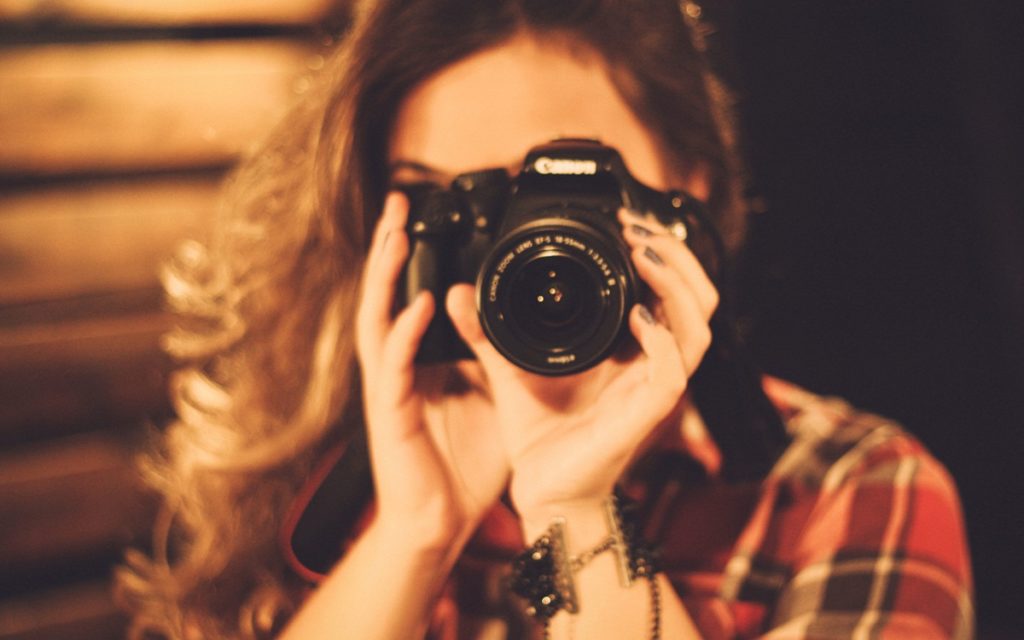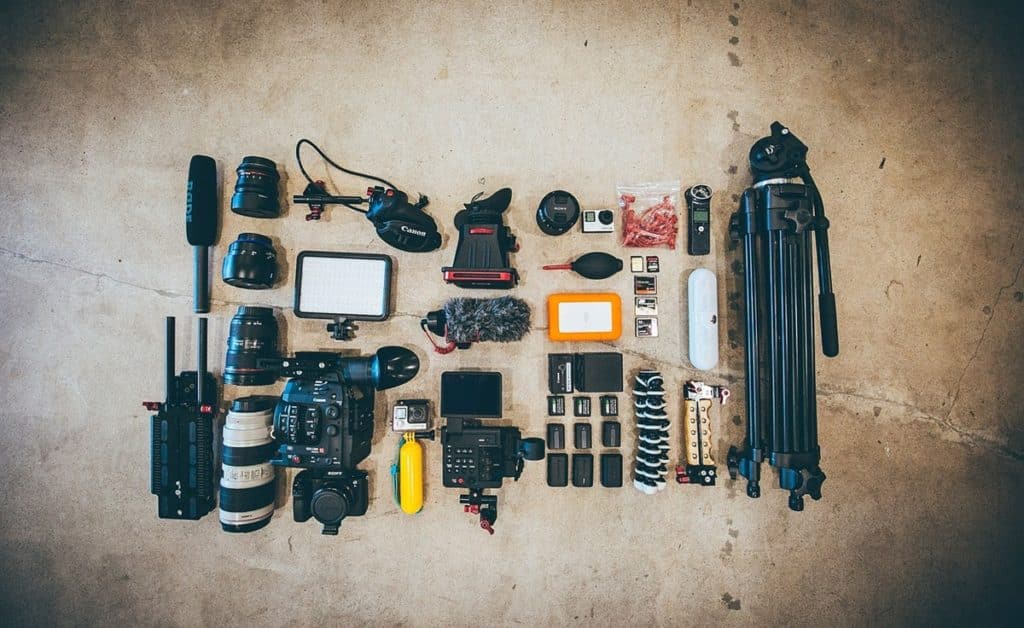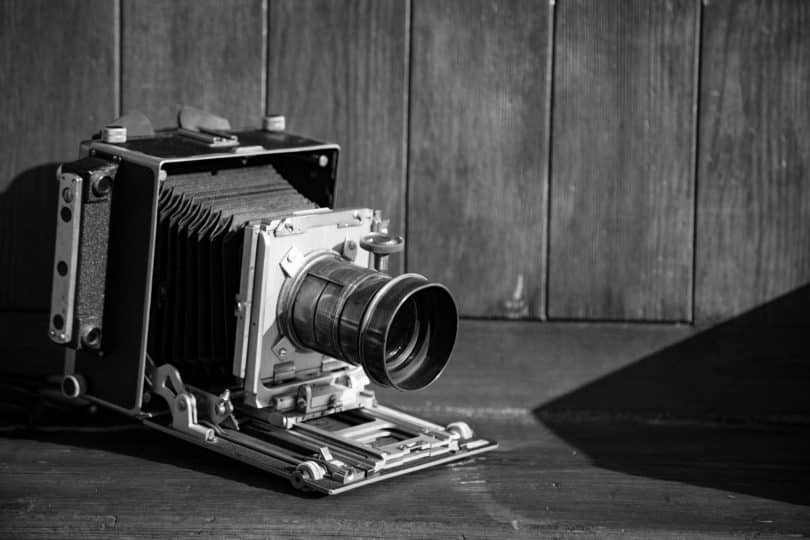Photography is an art form that marries creativity, technical expertise, and the unique ability to narrate a story through images. For those enamored by this art, transforming it into a business can be a dream come true. But like any venture, starting a photography business involves detailed planning, honing your skills, and equipping yourself with the right tools.
In photography, the quality of your gear is integral to the quality of your work. The right equipment can empower you to capture breathtaking images that leave a lasting impression. But what exactly comprises this ‘right’ equipment?
This guide will walk you through the 9 essential pieces of photography business kit, elaborating on the characteristics of each piece for various types of photographers.
1. A High-Quality Digital Camera
A high-quality digital camera is the cornerstone of your photography business. It is the primary tool with which you capture moments and create stunning visual content. The market is flooded with a range of cameras, each with its own features, benefits, and drawbacks. Therefore, your choice should be primarily dictated by your needs, expertise, and budget.
There are primarily three types of digital cameras that professionals use.
DSLR Cameras (Digital Single-Lens Reflex)
These cameras are renowned for their versatility and high-quality image capture. They come with a reflex mirror that allows you to view through the lens and see exactly what you are capturing. DSLRs have large sensors, which ensure detailed images and excellent performance in low-light conditions. They have a vast array of interchangeable lenses, making them suitable for any type of photography – from portrait and landscape to wildlife and sports.
Mirrorless Cameras
Mirrorless cameras provide similar functionality to DSLRs but in a smaller and lighter package, which makes them highly portable. They lack the mirror mechanism, and hence, light passes directly onto the image sensor. Their image quality and performance are on par with DSLRs, and they also offer the flexibility of interchangeable lenses. These cameras are suitable for many types of photography and are particularly useful for those who travel frequently.
Medium Format Cameras
These cameras come with even larger sensors than DSLRs and mirrorless cameras, offering unmatched detail and depth of field. This makes them ideal for specific types of photography, like fashion, portrait, and fine-art, where high detail is paramount.
How to Choose the Best Camera
When choosing a high-quality digital camera, you need to consider a few key specifications:
- Resolution (Megapixels): Higher resolution allows for more detail and larger prints. However, it’s not always the decisive factor for image quality.
- Sensor Size: Larger sensors can capture more light and detail, leading to better image quality, especially in low-light conditions.
- Autofocus System: A reliable and fast autofocus system is essential for capturing sharp images. It’s particularly important for action, sports, and wildlife photography.
- ISO Range: A wide ISO range allows you to adapt to various lighting conditions. Cameras with good high-ISO performance produce less noise in low-light conditions.
- Continuous Shooting (FPS): If you’re into action or wildlife photography, a higher frames-per-second rate can help capture the perfect shot.
- Video Capabilities: If you plan on offering video services or shooting behind-the-scenes footage, look for a camera with strong video capabilities, ideally 4K or higher.
- Build Quality & Weather Sealing: Professional cameras should be durable and able to withstand various shooting conditions.
Remember, the best camera is the one that suits your needs and feels right in your hands. It’s always a good idea to test a camera personally before purchasing to ensure it’s comfortable to use and fits your style of shooting.

2. Variety of Lenses
Having a variety of lenses at your disposal is crucial for a photography business. Each type of lens serves a specific purpose and gives you a different perspective, allowing you to capture a wide range of photographs. Here are the main types of lenses you might consider.
Prime Lenses
These are lenses with a fixed focal length. They tend to offer superior image quality and wider apertures (lower f-numbers) compared to zoom lenses at a similar price point. This makes them excellent in low-light conditions and for creating a shallow depth of field, which is particularly useful for portrait and street photography. Common prime lenses include 35mm, 50mm (the so-called “nifty fifty”), and 85mm.
Zoom Lenses
These lenses offer a range of focal lengths, giving you more flexibility. They are versatile and great for situations where you cannot or do not want to move closer to or further from your subject. Common zoom lenses include 24-70mm and 70-200mm. While often larger and heavier than prime lenses, they can replace several primes which makes them great for events or travel photography.
Wide-Angle Lenses
These lenses have a short focal length and a wide field of view. They are excellent for capturing landscapes, architecture, and interior spaces. A wide-angle lens can also create interesting effects when used for street or portrait photography, though they can distort images if not used carefully.
Telephoto Lenses
Telephoto lenses have a long focal length and provide a narrow field of view. They allow you to capture subjects from a distance and are typically used for sports and wildlife photography. Some portrait photographers also use them to create flattering images with a beautiful background blur.
Macro Lenses
These lenses are designed for taking close-up shots, revealing details that might not be visible to the naked eye. They can focus much closer than regular lenses, allowing for life-size reproduction of small subjects. These are typically used for nature (insects, flowers) or product photography.
Specialty Lenses
This category includes various unique lenses such as fisheye lenses (extreme wide-angle lenses that create a distinctive spherical view), tilt-shift lenses (which give control over perspective and depth of field), and more.
How to Choose Proper Lens
While it’s tempting to try to get all types of lenses, it’s not necessary or feasible when you’re starting. Start with one or two that suit your style of photography. A common starting kit includes a standard zoom lens (like a 24-70mm) and a fast prime lens (like a 50mm).
When choosing a lens, consider the maximum aperture (wider apertures allow more light and create a shallower depth of field), image stabilization (useful for hand-held shots), build quality, and autofocus performance. And remember, while lenses can be a significant investment, good lenses can last many years and can make a bigger difference in your photos than the camera body itself.
3. Sturdy Tripod
The tripod is a crucial accessory for many genres of photography. It provides stability to your camera, helping to avoid camera shake and ensuring sharper images. This is especially beneficial for long-exposure shots, night photography, landscapes, and even certain types of portraits. Here are some features to consider when choosing a tripod:
- Stability: Look for a tripod that is sturdy and durable. It should be able to support the weight of your camera along with the heaviest lens you plan to use.
- Height: The tripod should extend to a comfortable height for you to work at. A taller tripod offers more flexibility but might be less stable and more cumbersome to carry.
- Weight & Portability: If you plan on travelling or doing a lot of on-location shoots, consider a lightweight, compact tripod that’s easy to pack and carry around. Carbon fiber tripods are both light and sturdy, though they tend to be pricier than aluminum ones.
- Head Type: Tripods come with different types of heads, such as ball heads for flexibility, pan-tilt heads for precision, and geared heads for meticulous adjustments.
- Leg Locks: Make sure the leg locks are reliable and easy to use. Twist locks take longer to adjust but are generally more robust than flip locks.

4. Lighting Equipment
Lighting equipment is vital for controlling the illumination and shadows in your shots. Even if you primarily shoot in natural light, there will be situations where you need extra lighting. Here are some essential lighting equipment:
- Reflectors: Reflectors are great for manipulating existing light. They can fill in shadows, act as a diffuser, or even serve as a makeshift light source.
- Flashguns (Speedlights): A speedlight is a versatile lighting tool that can be mounted to your camera’s hot shoe or used off-camera. They’re compact and portable, making them excellent for on-location shoots.
- Studio Strobes: For studio work, strobes provide powerful and adjustable lighting. They’re larger and less portable than speedlights but offer more control.
- Softboxes and Umbrellas: These modifiers soften and spread light, reducing harsh shadows. Softboxes offer more directional control, while umbrellas give broader, more diffused lighting.
- Light Stands: These are essential for positioning your lights and modifiers at the right angle and height.
5. Protective Camera Bag
Invest in a good-quality camera bag to transport and protect your equipment. A great camera bag is spacious, comfortable to carry, and offers adequate protection against bumps, dust, and weather. Backpacks, shoulder bags, and rolling cases each have their strengths, so choose based on your needs.
6. Memory Cards & Hard Drives
Having enough storage is crucial for a photography business. Invest in high-capacity, high-speed memory cards that can keep up with your camera’s burst mode and video recording. Keep multiple cards on hand, so you’re never stuck without storage during a shoot.
Also, remember to back up your images regularly. External hard drives and cloud storage services are great for this. Hard drives offer large amounts of storage at a relatively low cost, while cloud services offer accessibility from multiple devices and locations.
7. Post-Production Software
Post-production is where you refine and enhance your images, and it’s a vital step in the digital photography process. Consider investing in software like Adobe Lightroom (great for cataloging and basic adjustments) and Photoshop (for advanced editing and retouching). Capture One is another excellent software, particularly loved by studio and commercial photographers for its superior color grading capabilities.

8. High-Performance Computer
Editing and managing high-resolution photos require a powerful computer. The ideal computer should have a strong processor, plenty of RAM (16GB minimum, ideally 32GB or more), and ample storage space. An SSD (Solid State Drive) is recommended for its speed. Your monitor should offer accurate color reproduction – consider a monitor calibrator to ensure the colors you see on screen match what you’ll get in print.
9. A Professional Website
In the digital age, a professional website is a non-negotiable for any photography business. Your website is your digital storefront and portfolio, the place where potential clients can see your work and contact you.
Here are some essentials for your website:
- Portfolio: Display your best work across the genres of photography you specialize in.
- About Page: Let visitors know who you are, your story, and why you love doing what you do.
- Services & Pricing: Be clear about what services you offer and their prices. This can help filter out clients who aren’t a good fit.
- Contact Information: Make it easy for potential clients to reach you. Include a contact form, your email address, and even your phone number.
- Blog: A blog can be a great way to share your knowledge, showcase your recent work, and improve your website’s SEO (Search Engine Optimization).
Website builders like WordPress, Squarespace, and Wix are user-friendly and offer customizable themes. To improve your website’s visibility, learn about SEO and consider hiring a professional for the best results.
Conclusion
Embarking on the journey of starting a photography business is thrilling. Your creativity, combined with entrepreneurial spirit, forms the basis of this venture, but the right equipment solidifies your foundation. While the initial investment can seem considerable, remember that these tools are the bedrock of your trade.
As you select your gear, consider your primary photography genre and the specific needs it entails. There’s no universal solution, so take your time to research and choose wisely. With your talent, the right tools, and a strong online presence, you can carve out a successful photography business that doesn’t just capture images, but also success.
